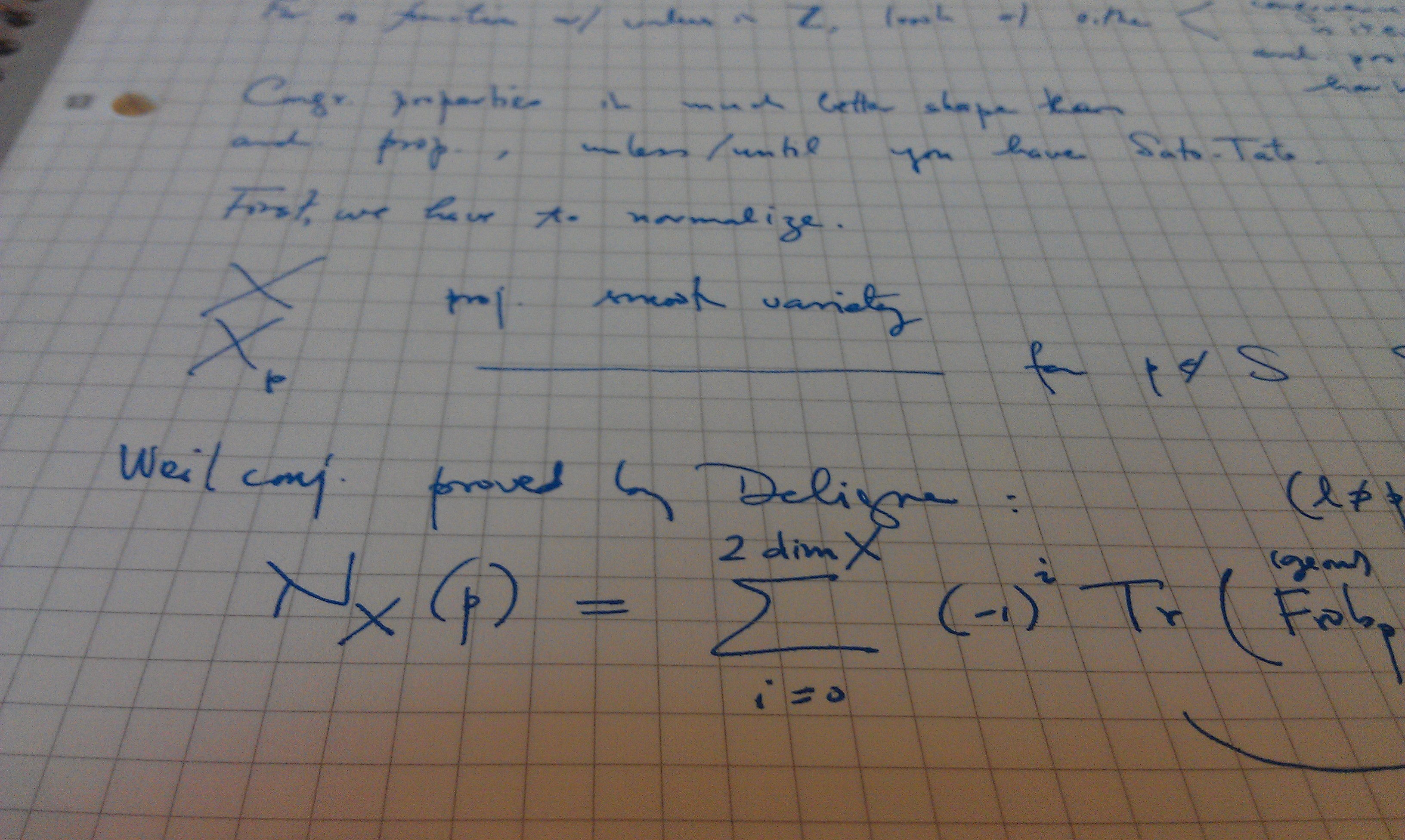Publication Date
2015
Abstract
Recently, Galley [Phys. Rev. Lett. 110, 174301 (2013)] proposed an initial value problem formulation of Hamilton’s principle applied to non-conservative systems. Here, we explore this formulation for complex partial differential equations of the nonlinear Schrödinger (NLS) type, examining the dynamics of the coherent solitary wave structures of such models by means of a non-conservative variational approximation (NCVA). We compare the formalism of the NCVA to two other variational techniques used in dissipative systems; namely, the perturbed variational approximation and a generalization of the so-called Kantorovich method. All three variational techniques produce equivalent equations of motion for the perturbed NLS models studied herein. We showcase the relevance of the NCVA method by exploring test case examples within the NLS setting including combinations of linear and density dependent loss and gain. We also present an example applied to exciton polariton condensates that intrinsically feature loss and a spatially dependent gain term.
Pages
11
Recommended Citation
Rossi, J.; Carretero-González, R.; and Kevrekidis, P. G., "Non-Conservative Variational Approximation for Nonlinear Schrödinger Equations." (2015). Mathematics and Statistics Department Faculty Publication Series. 1241.
Retrieved from https://scholarworks.umass.edu/math_faculty_pubs/1241
